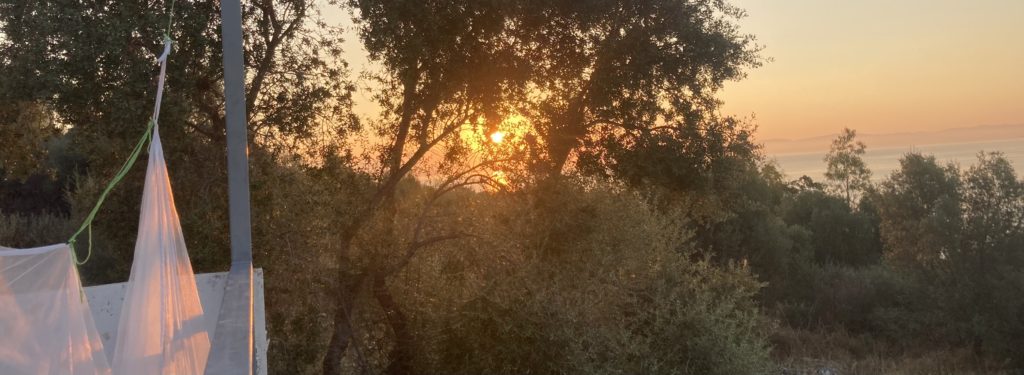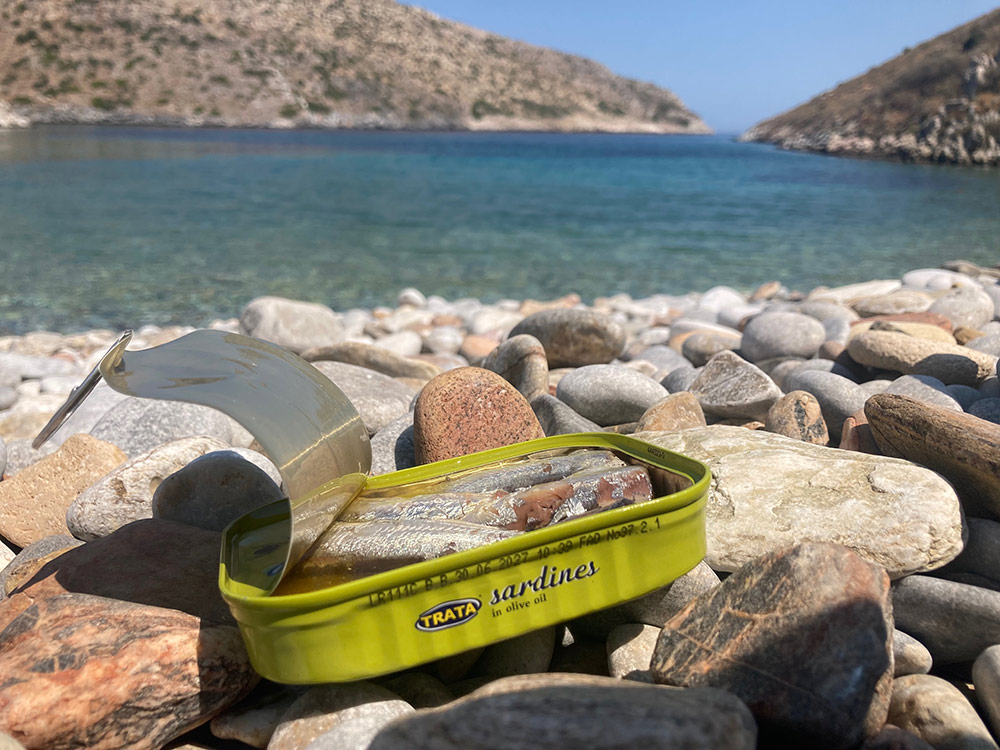
Er schrieb eine Broschüre über die Maul- und Klauenseuche, über die Seele der Hunde und einen Protest gegen den Impfzwang. Er beschäftigte sich mit Okkultismus, Hypnose, Augendiagnostik, er besaß ein Mikroskop und einen Schmelzofen, er glaubte an ein Perpetuum mobile und an künstliches Gold, er las oft im Lexikon und in Fremdwörterbüchern. Er ließ sich kein Fremdwort entgehen, verfolgte jedes bis an seinen Ursprung und kam auf diese Weise zu einem unordentlichen, aber ausgebreiteten Wissen. Seine Frau war manchmal auf ihren gebildeten Mann sehr stolz.
Perlefter
Joseph Roth
© 1978 Verlag Allert de Lange Amsterdam
und Verlag Kiepenheuer & Witsch Köln
Schutzumschlag und Einband Hannes Jähn
Gesamtherstellung Becker Graphischer Betrieb Kevelaer
ISBN 3 462 01263 0


















